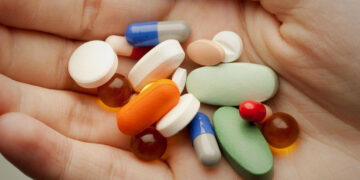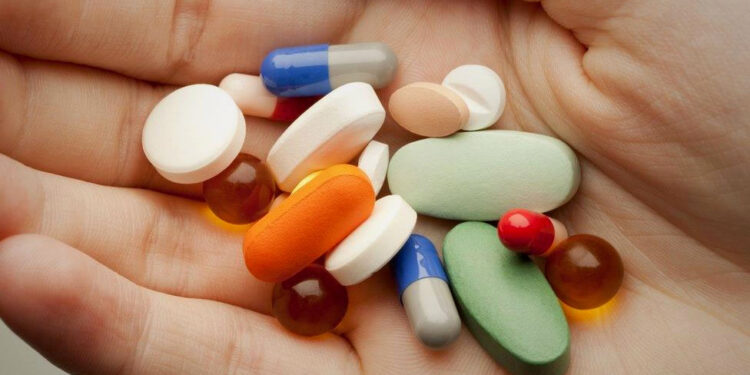A groundbreaking study published in The Lancet Global Health has exposed a disturbing reality that nearly one in six cancer medications sampled across Ethiopia, Kenya, Malawi, and Cameroon contained incorrect levels of active ingredients, putting patients at risk of treatment failure and disease progression.
The study found that 17 percent of tested cancer drugs, about one in six, were substandard or falsified, with some even used in major hospitals. Only 25 percent of defective medicines were detectable by visual inspection, and most required lab testing. Patients receiving weak or fake doses face treatment failure, tumor growth, and potential metastasis. Similar issues have plagued antibiotics, antimalarials, and TB drugs, but this is the first major study focused on cancer medications.
Experts cite multiple factors behind this crisis. Poor manufacturing standards often lead to inconsistent drug potency. Counterfeit medicines are deliberately mislabeled to deceive buyers. Inadequate storage conditions can cause drug degradation. Weak regulatory oversight in many African nations further compounds the problem. “If you can’t test it, you can’t regulate it,” said Marya Lieberman, the study’s senior researcher. “Many African labs lack the equipment to safely analyze toxic chemo drugs.”
The human and economic cost is severe. Treatment failure means patients spend money on ineffective drugs while their cancer worsens. Economic waste occurs when governments and individuals lose funds on substandard medications. Trust is eroded when patients abandon treatment because they believe medicines don’t work.
Possible solutions include stronger regulation, as African nations urgently need better drug-monitoring systems. Affordable testing could make a difference, with portable paper labs now under development to help detect fakes. Supply chain control through tighter checks on imports and local production can reduce the circulation of bad drugs. The WHO is already working with affected countries to improve surveillance and enforcement.
Despite the alarming findings, there is a glimmer of hope. Two-thirds of tested suppliers provided quality drugs, proving that safe medicines are available if properly regulated. “This study is a wake-up call,” said Lutz Heide, a pharmaceutical expert. “Now we must act before more lives are lost to fake or ineffective treatments.”



































